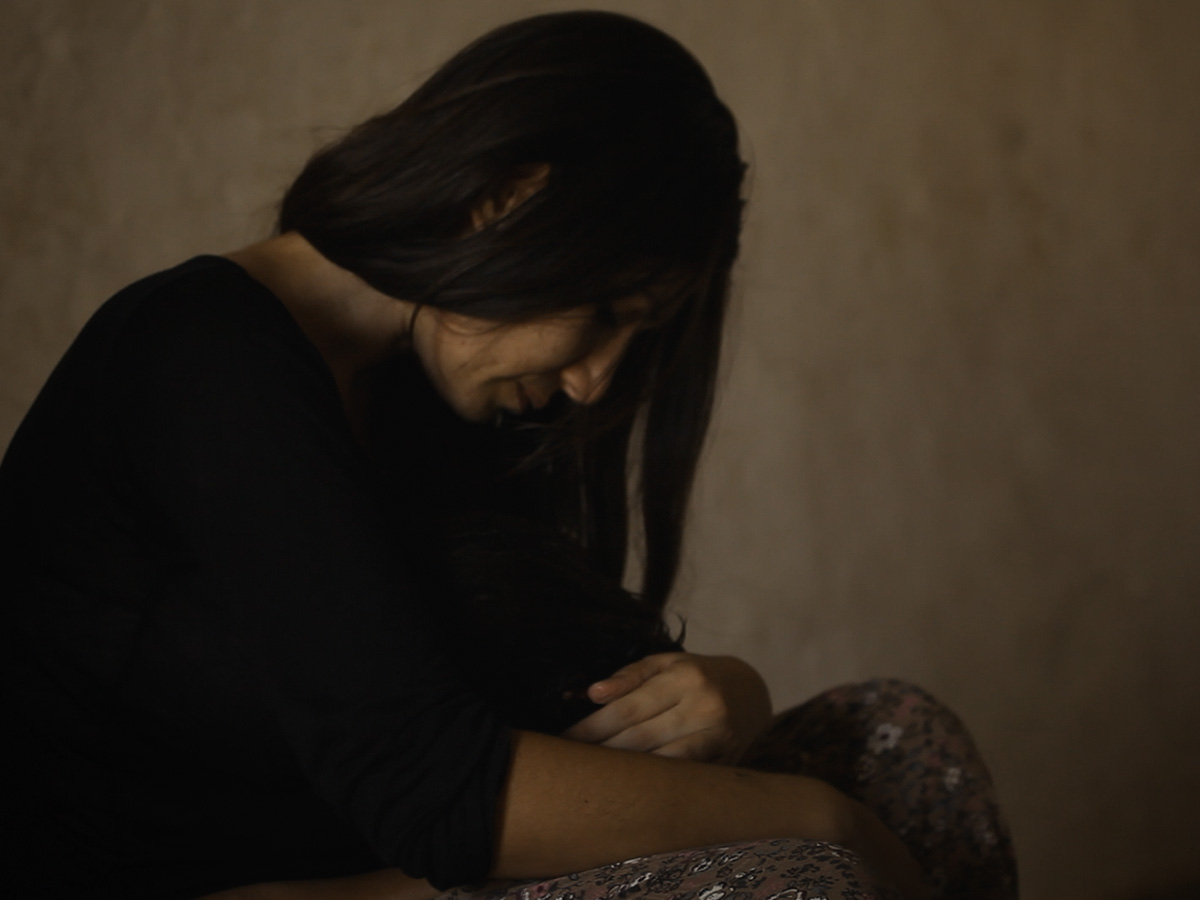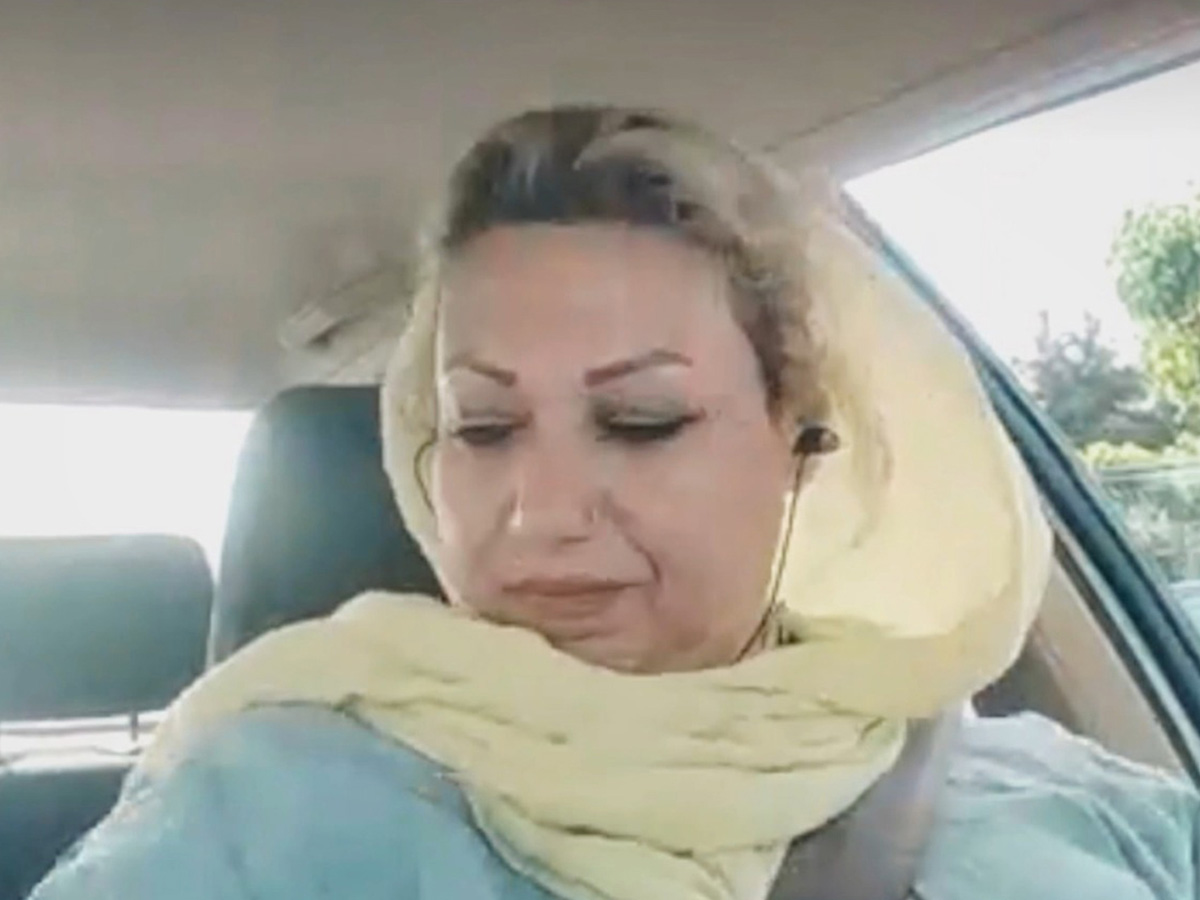
Houses With Small Windows
Twenty-two-year-old Dilan pays for her forbidden love for a young man in a neighbouring village with her life. She has shamed the family and, therefore, must die at the hands of her brothers. As tradition will have it, the killing must be compensated. Because of this, six-year-old Emine is given to Dilan’s relatives.
Some films deal with such devastating and grim realities that one almost feels ashamed to talk about them since no words could truly encompass the depth of trauma people have gone through. At the same time, if these victims are silenced, someone should speak up and make images on their behalf—which leads to moral questions: Who’s entitled to talk about victims? How can a cinematic representation do justice to their stories?
Bülent Öztürk’s Houses With Small Windows positions itself within this intricate web of sensitivities with a simple yet unsettling story in the Southeast region of Turkey, where the Kurdish filmmaker was born. The film’s title serves as a topographical reference point, as in this region, every woman’s life is encapsulated by two decisive actions: They either leave the house and are murdered or remain alive only to be locked inside. Öztürk approaches this either-or situation in a rather gloomy manner and presents a cyclical form through the stories of a young woman and a little girl whose fates are cruelly determined by men.
Dilan is the young woman who once decided to leave her house and taste the forbidden fruits of love and a free life by having an affair with a man from the neighbouring village. But in this place, a woman’s freedom is synonymous with shame and dishonour. She knows this. When her face appears for the first time, in a mirror, it bears the tragic traces of an unspoken, resigned acceptance of what awaits her. Her mother knows it too when she comes to comfort Dilan, saying that her brothers came to forgive her. As the brothers take her to a vast and empty land, we finally know, too, that there won’t be any forgiveness for her but a cruel and unjust death. Troubling as the reality itself is, the film takes this a step further by putting us into the position of silent witnesses, much like many people in this country, who are either unable to take action or choose not to.
In this land where the currency is family honour, life and death become transactional realities, and people mere commodities. Debts are paid by the blood of victims and the tears of torn-apart families. However, far from calculatedly leading up to a dramatic climax, Houses With Small Windows follows an ethics of representation. The violent, sensationalist aspects of honour killings are not its primary concern. With its careful respect for those women left unseen and unheard throughout their lives, the film asks: Do we have to see it happen when we understand her death is unavoidable?
Likewise, with every aspect of his camerawork—lighting, framing, angles—the filmmaker avoids falling into an inappropriate formalism that would overshadow its subjects. In a way, he deliberately tries to dissimulate his gaze as an author. Although Öztürk eschews this kind of auteurist elements in his approach—paradoxically a style in itself—he reclaims the film with the dedication “to my mother” that appears at the end. Like Emine in the film, Öztürk’s mother was given to another family when she was a little girl. In that respect, the film serves as a proxy for her and thousands of women who went through similar experiences. From this perspective, Öztürk undertakes a challenging endeavor in Houses With Small Windows by speaking on behalf of his mother and indirectly of other women through images. Because when a man tells a woman’s story, the gendered aspect of the enunciation is hard to overlook.
Öztürk’s film strives to meet this responsibility with its discreet, elliptical narration and inconspicuous imagery that often borders on the naturalistic. Whether it achieves this or not is debatable. Amidst all these modest images, one very heartbreaking one, which is also the ultimate image of the film, clearly stands out. It’s a non-image, so to speak, for it’s nothing but the engulfing darkness that accompanies little Emine’s cries for her mother after she’s been given to another family—an unsettling reminder of the cruel reality these young women face in their daily lives. Confronted with this darkness at the end of the film, one can’t help but wish there were small windows to allow some light in. Even though we know that it won’t dispel the horror completely, faint rays of light could help us catch a glimpse of a different future.
Confused about German bureaucracy and questioning her sexuality, Hoda, an Iranian asylum seeker in Berlin, finds herself hooked on Magdalena, who promised to ensure her asylum by marrying her. Due to changes in Magdalena’s private life, her decision to marry Hoda becomes more complex.



